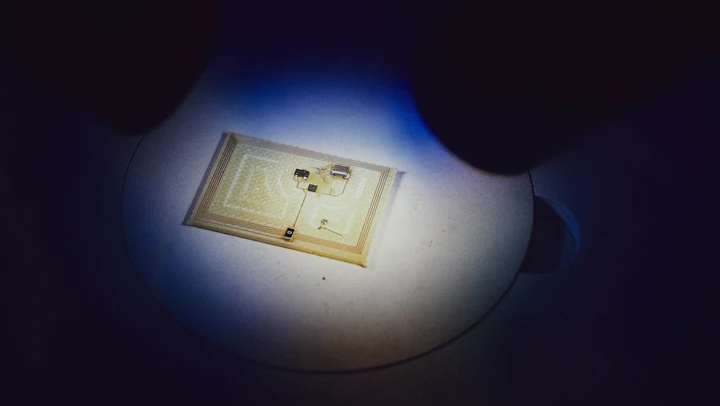
Corona will be a worldwide Black Swan test for artificial intelligence. While China's years of investment in AI-based technologies are now paying off to a decisive extent, the European states are falling far behind - not least because of the discrepancies between completely different political regimes. In response to the crisis, China has come up with technologies such as a linear-fold algorithm for determining the secondary structure of the virus within seconds and contactless multi-person temperature control using infrared sensors in railway stations. Does Europe have any chance at all of catching up on this lead?
We asked Dr. Philipp Gerbert, Future Shaper at UnternehmerTUM and Director at appliedAI, about this topic:
1. So far, no significant AI-based technologies to counteract the corona crisis have come from Europe. What is the reason for this?
That is mainly due to two things: First, we are generally way behind in AI applications in Europe. Secondly, we are still risk-driven in the regulation of data and technologies. A hundred years ago, such an attitude would have prevented the introduction of the car because of possible traffic accidents, even if more people had fallen off their horses. We should always look at opportunities and risks - there is no such thing as risk-free progress. The crisis shows that a technology gap in a crisis also costs human lives. Hopefully this will lead to a change in thinking.
2. If one dares to make initial forecasts: will the corona crisis rather strengthen or weaken AI progress in Europe?
The simple answer is: the surest way to predict the future is to shape it. Of course, Corona has given impetus for acceleration - for example, one could not have imagined a better advertisement for automated remote service. But the real question is: Can we be faster in implementation this time than the others? Our partner companies have clearly signalled to us: They expect appliedAI to provide the decisive impulses and support the economy in this area - large companies, medium-sized businesses and start-ups. And this is exactly what we do in our daily work, now with double our strength.
3. What can German companies learn from this crisis?
We cannot rely on global supply chains - we have to become more local. In a high-cost country, this requires intelligent automation. This levels out labour cost disadvantages. With more data-based systems we could have handled the crisis more intelligently. We cannot afford another shutdown. Next time we need smoothly working data collection, forecasting, intelligent automation and more from day one - or even better before that as an early warning system.
4. What advice do you from appliedAI have for companies that are still in the early stages of AI?
Learn from the best. One important insight is: "The future is already there - it is just not equally distributed". Corona shows how much we can already learn from parts of Asia. Furthermore: To use the late entry smartly as an opportunity to leap-frog onto the next wave .
5. How can companies prepare themselves with AI systems against future crisis?
AI systems are of course not a magic wand. But they can help. I've already mentioned a few topics, such as automation, local supply chains and "Action at a Distance". And then there's faster scenario analysis, forecasting and conversion. For example, parts of the process industry have had to adapt to completely new demand patterns and raw material prices - AI can determine and implement such a complex new optimization of plants in a flash. We will increasingly need this speed in a complex world, especially with such sudden changes.
Thank you for the interview!
Dr. Philipp Gerbert also discussed about "Corona – an inflection point for AI@scale?" at our U Talk Digital Series. Watch the video here!






















